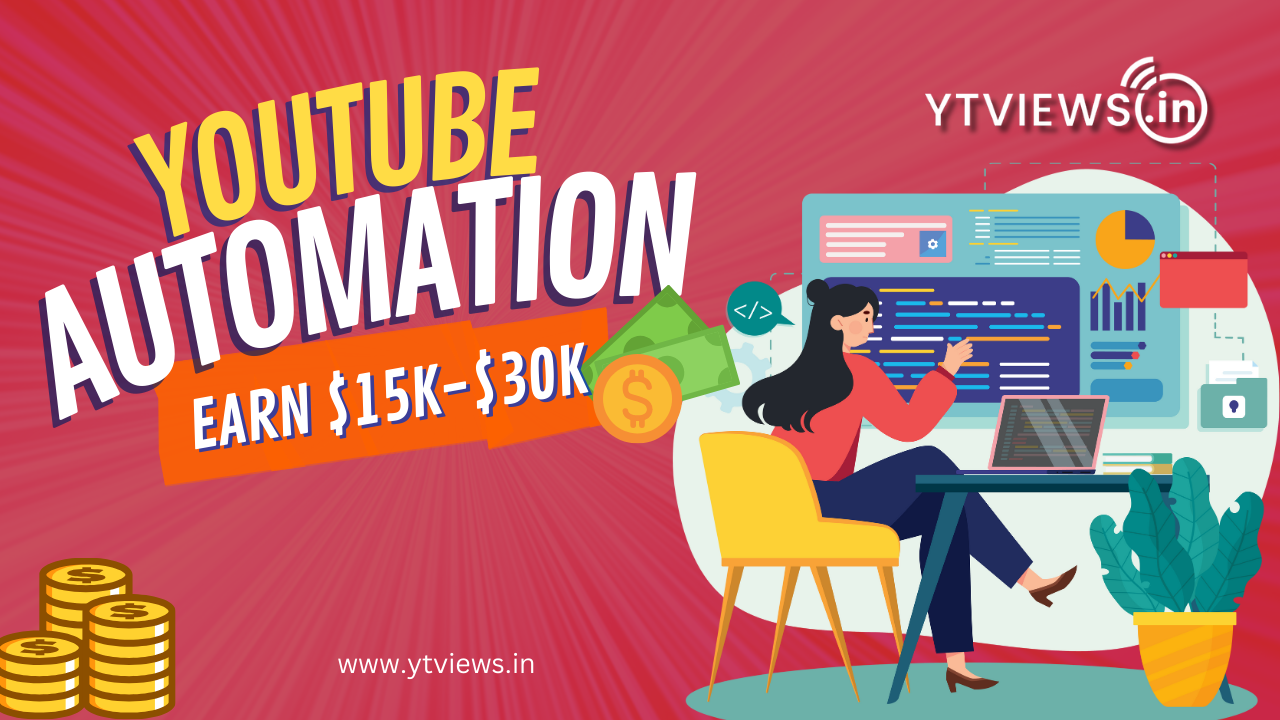The all-new Indian social media platform ‘Slick’ has a unique way of working
Looking back at the early days of social media, platforms like Orkut and Facebook were used to connect with people and build relationships. However, the emergence of video-sharing platforms like TikTok has transformed the social media landscape, shifting the focus to content consumption. In response, apps like Youtube Shorts and Instagram Reels gained popularity among millennials and GenZ for sharing glimpses of their daily lives.
Gas, a new social media platform, captured the attention of US teenagers and even surpassed TikTok in downloads. Discord recognized its potential and acquired Gas. Sensing an opportunity to cater to GenZ’s need for personalized connections, two IIT Bombay alumni developed Slick—a compliment-based social networking app.
Slick is a compliment-based Social Media
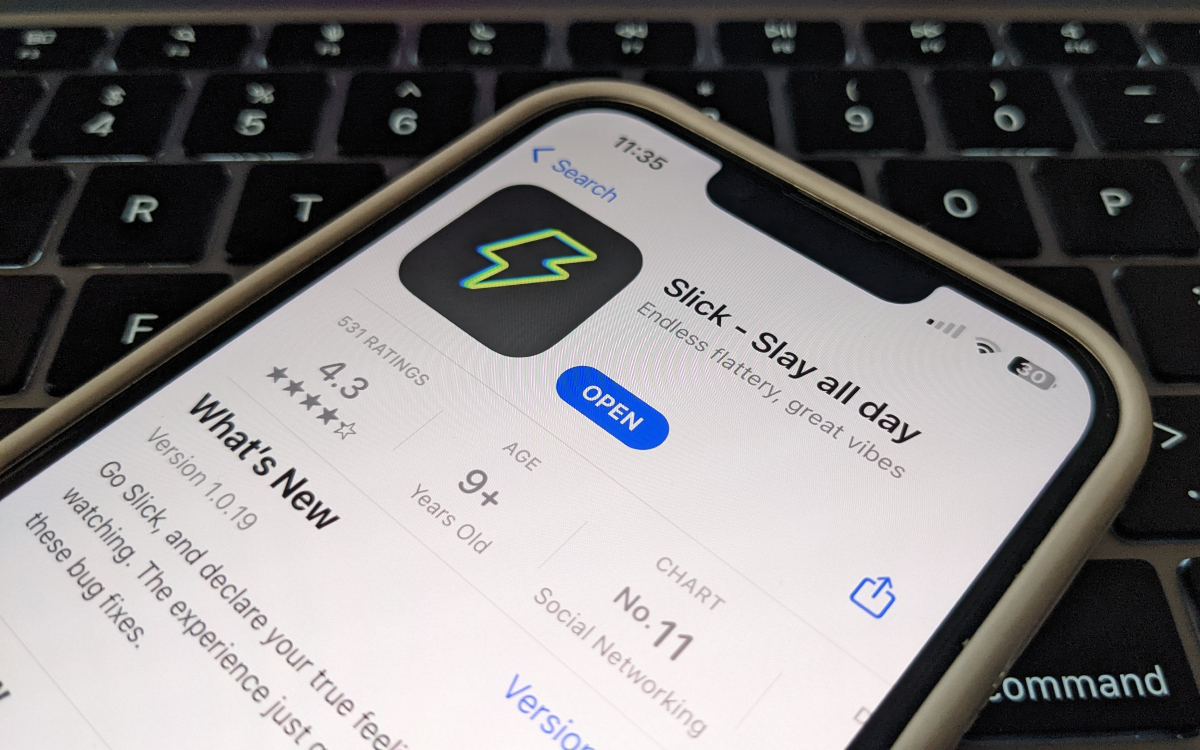
Slick aims to bring back authentic interactions and boost users’ confidence. By allowing users to compliment each other anonymously, the app fosters positivity on social media. Slick has already generated revenue through microtransactions and plans to explore additional monetization models. With $2.1 million in funding and a growing user base, Slick is focusing on user experience and introducing new features. However, its success depends on appealing to GenZ’s preference for content-focused social media experiences and gaining market share in a highly competitive landscape.
Launched in November 2022, Slick is trying to give a positive spin to social media through compliment-based interactions. “We started building the app when we realised that social media networking platforms today are not focussed on authentic or genuine moment sharing but rather on artificial moments,” Nanda said. This is where the social media app Slick comes into the picture. With the app, users can compliment each other anonymously, thereby bringing back personalised connections on social media and boosting users’ confidence.
“Even when we are uploading our content on social media platforms, it is again a competition of likes and comments and who has the most number of people sharing their content. This is truly not a way to network and socialise with your friends. This is just a game of validation and that is not the real intent with which social media platforms were invented,” Nanda said.
The Gen Z reliance
Gen Z, the first generation born into the digital age, has grown up with social media and technology. They witnessed the rise of platforms like Facebook, Instagram, Twitter, and the emergence of short-video apps led by TikTok. When TikTok was banned in India, numerous homegrown short video apps emerged, capturing Gen Z’s attention. However, these apps experienced a decline in active users and downloads over time, with some even reaching rock bottom. Therefore, it remains to be seen whether Slick will make headlines in the future, either for its triumph or failure. Its fate is ultimately determined by the preferences and actions of Gen Z.
Related Posts
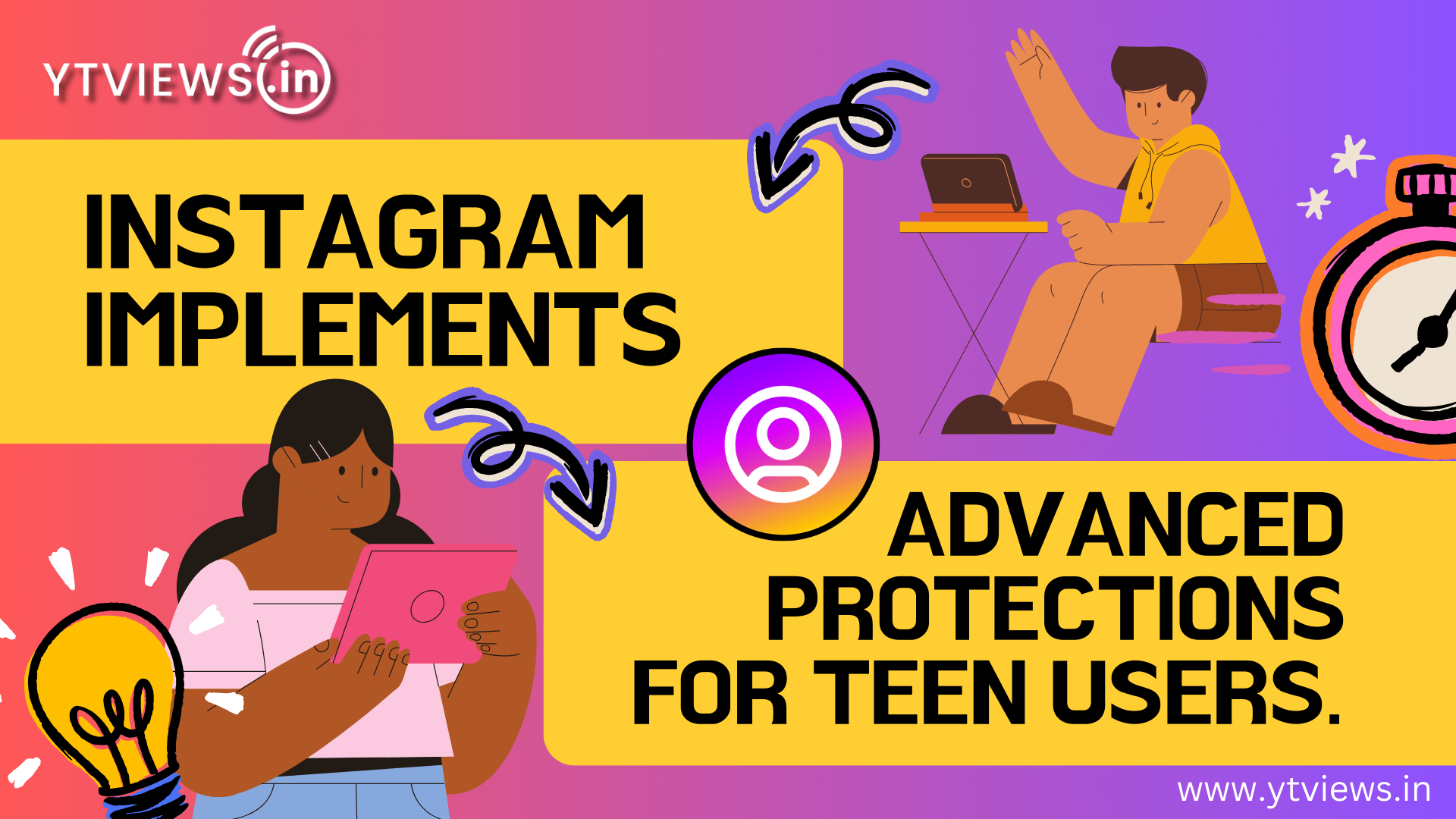
Instagram Implements Advanced Protections for Teen Users.

5 Skills to Become a Successful Social Media Marketer

LinkedIn Adds AI Training Opt-out Option
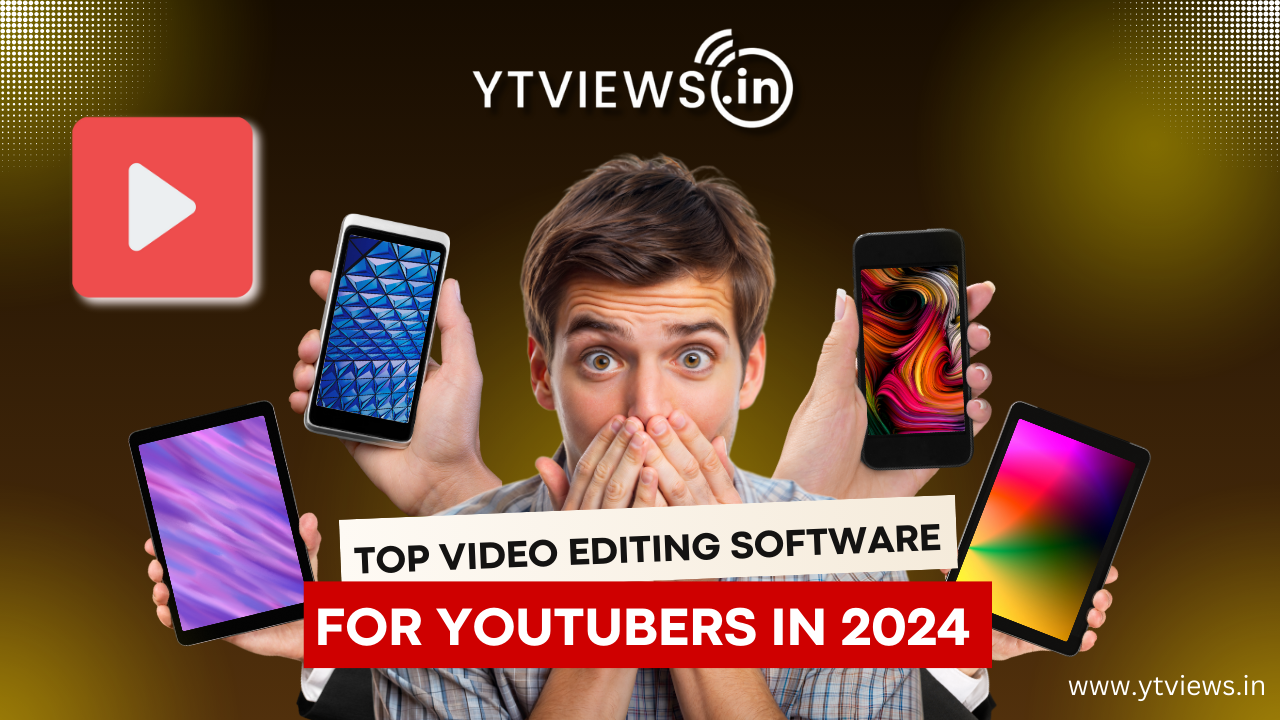
What Video Editing Software Do Youtubers Use in 2024?
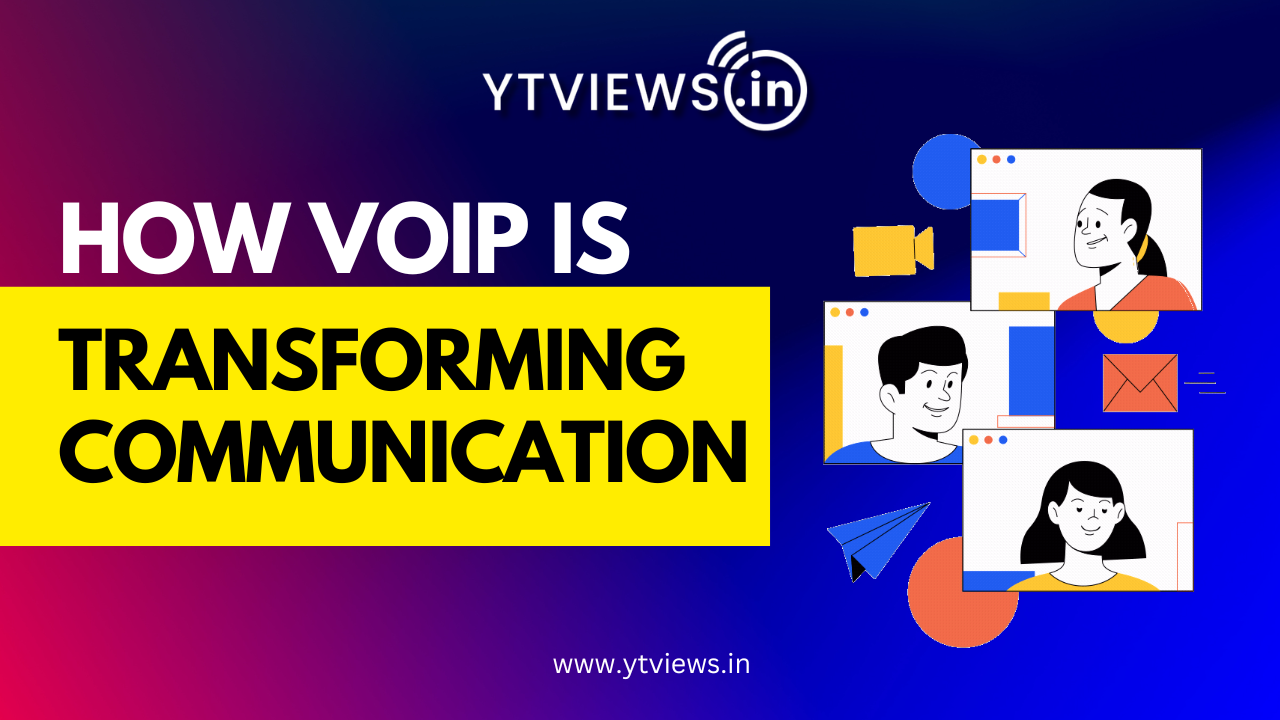
How VoIP Services are changing the Way We Make Calls
